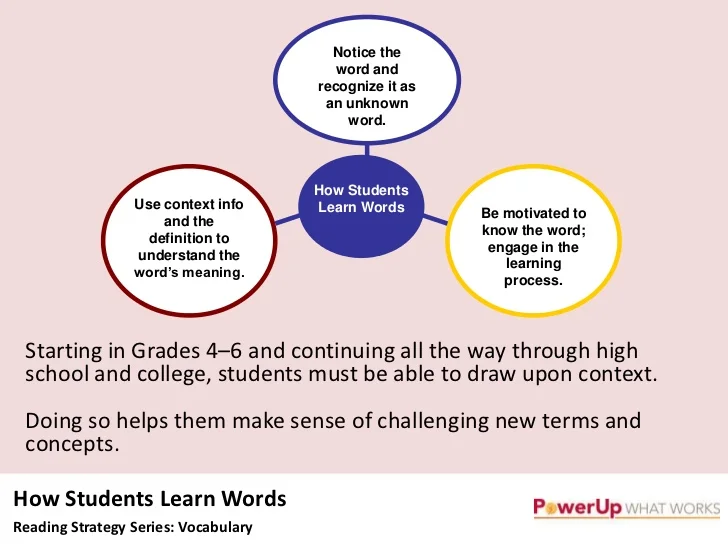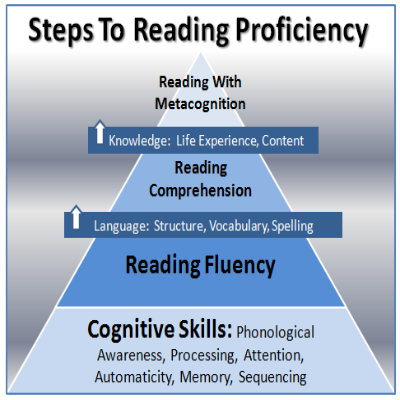Effective legal case reading and vocabulary development are essential skills for those involved in the legal profession. The ability to comprehend complex legal cases and understand their intricate vocabulary is crucial for lawyers, law students, and anyone pursuing a career in law. In this article, we will explore some practical strategies that can significantly enhance your legal case reading skills and vocabulary development.
- Active Reading:
Active reading is a critical strategy for understanding legal cases. Begin by familiarizing yourself with the case’s background, parties involved, and key legal concepts mentioned. Actively engage with the text by highlighting or underlining meaningful phrases, key arguments, and legal terminology. This approach helps in organizing the information and ensures better comprehension and vocabulary retention.
- Create a Legal Glossary:
Building a legal glossary is an effective way to expand your legal vocabulary. As you come across new terms or phrases, write them down in a separate notebook or document along with their meanings and context. Regularly reviewing and revisiting this glossary will reinforce your understanding of these legal terms, aiding your overall vocabulary development.

- Utilize Online Resources:
In today’s digital age, various online resources can assist in your legal case reading and vocabulary development. Websites, such as legal dictionaries and online databases, provide instant access to a vast array of legal terminology. Additionally, legal blogs, forums, and podcasts offer insights into real-life legal cases, helping you grasp the practical application of legal vocabulary within different scenarios.
- Contextual Analysis:
Understanding legal cases involves paying attention to the context in which legal terms are used. Analyzing the surrounding text and the relationships between different legal concepts helps in deciphering their meanings accurately. Strive to comprehend the nuances, interpretations, and implications attached to specific legal vocabulary within the given legal context.
- Apply Vocabulary in Practice:
Practice makes perfect when it comes to vocabulary development. Challenge yourself by using legal vocabulary in daily conversations, writing exercises, or mock legal scenarios. Engaging in discussions with legal professionals or participating in moot court competitions can further refine your command over legal terminology and improve your overall case reading abilities.
Conclusion:
Developing strong strategies for legal case reading and vocabulary development is vital for success in the legal profession. By actively engaging in the reading process, creating a personalized legal glossary, utilizing online resources, analyzing context, and applying legal vocabulary in practical situations, you can enhance your proficiency in legal case reading and vocabulary retention.











